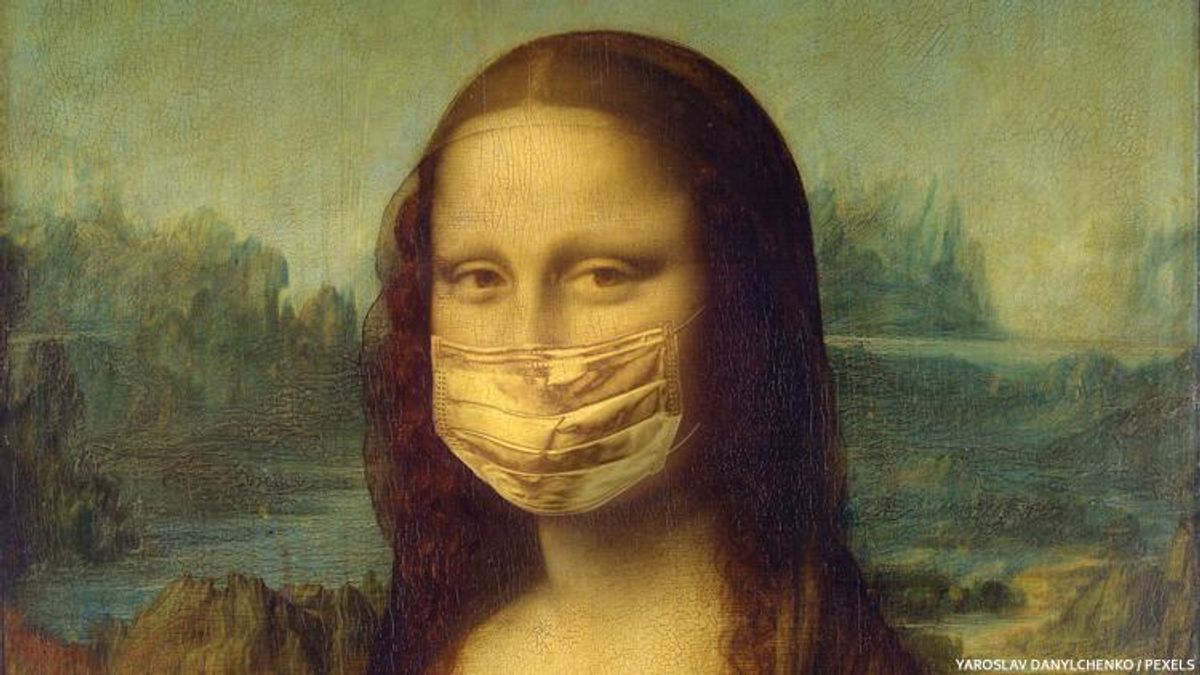Every year on December 1 we pause to commemorate World AIDS Day. It is an opportunity to intersect multiple spaces in time. We reflect on the past by remembering those we’ve lost, and those who fought to get us to this point. We exist in the present by acknowledging how far we have come. We celebrate those living with HIV and those advocating for our communities every day. We look forward and hope for a better future, knowing we have all the tools needed to end the epidemic. And we continue to make progress towards a cure.
Yet in a future with so many possibilities, we still must accept the current reality. Even with all the scientific advancements that have been made, HIV remains.
According to data from UNAIDS, in 2020 it’s estimated that 37.7 million people were living with HIV across the globe, with an estimated 1.5 million new cases and approximately 680,000 people dying from AIDS-related illnesses.
For the second straight year, progress toward ending the HIV epidemic was stalled by the COVID-19 pandemic. UNAIDS reports that people living with HIV experience more severe outcomes from COVID than people not living with HIV. In mid-2021, most people living with HIV, specifically outside of the U.S., did not have access to COVID vaccines. Studies from England and South Africa found that the risk of dying from COVID among people with HIV was double that of the general population. UNAIDS also reports COVID lockdowns and other restrictions have disrupted HIV testing and, in many countries, led to steep drops in diagnoses and referrals to HIV treatment. This includes the U.S., as many organizations have seen a drop in testing, PrEP usage, and adherence to HIV medication.
This information lets us know that despite the progress that’s been made, there is still much work to do. It will take more than medicine to end the epidemic. The impact of disparities, stigma, and other social determinants of health remain, particularly for communities of color, queer people, and women.
So, on World AIDS Day while we commemorate, acknowledge, and celebrate, we must also commit. We must pledge to do the hard work to end the HIV epidemic. The last few years have been particularly challenging for everyone. But the good news is we made it. We are still here, and we have the power to affect change and make a difference. We have the power to ensure the memory of those we have lost. We have the power to advocate for those still here. And we have the power to eliminate the societal ills that allow HIV to exist. HIV work is social justice work, and I ask that you stay motivated and committed to continuing the fight. Committed to fighting misinformation with education, fighting stigma with science, and fighting hate with love, until the end. On World AIDS Day and every day, stay committed to the fight. Not sure how you can help? Go to UNAIDS.org/en/takeaction to find out how.
Ashley Innes is a writer and HIV advocate. Follow her on Twitter @Ash_Innes.











































































